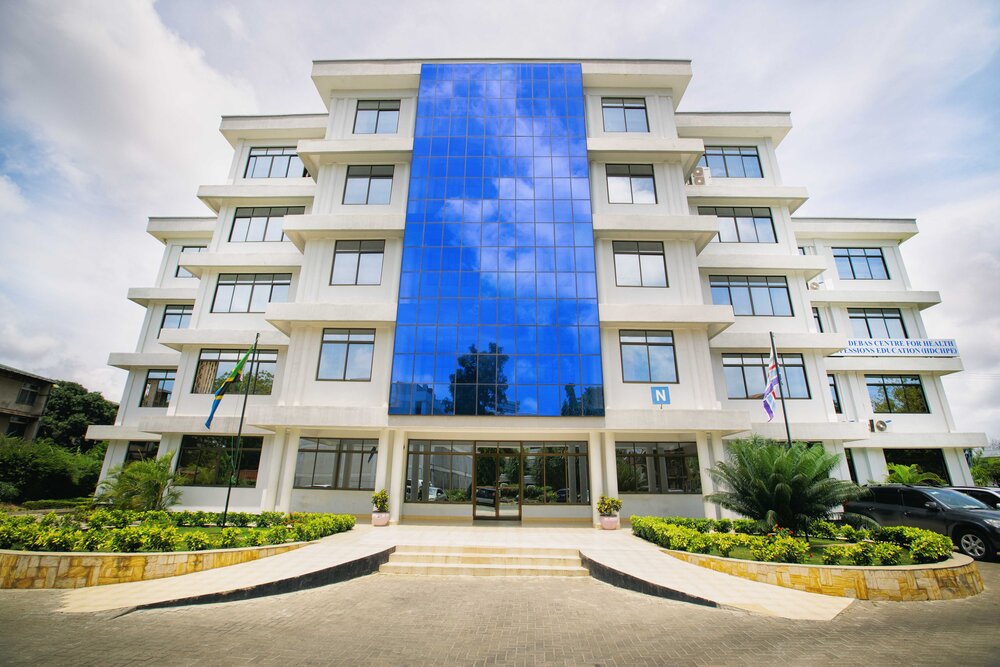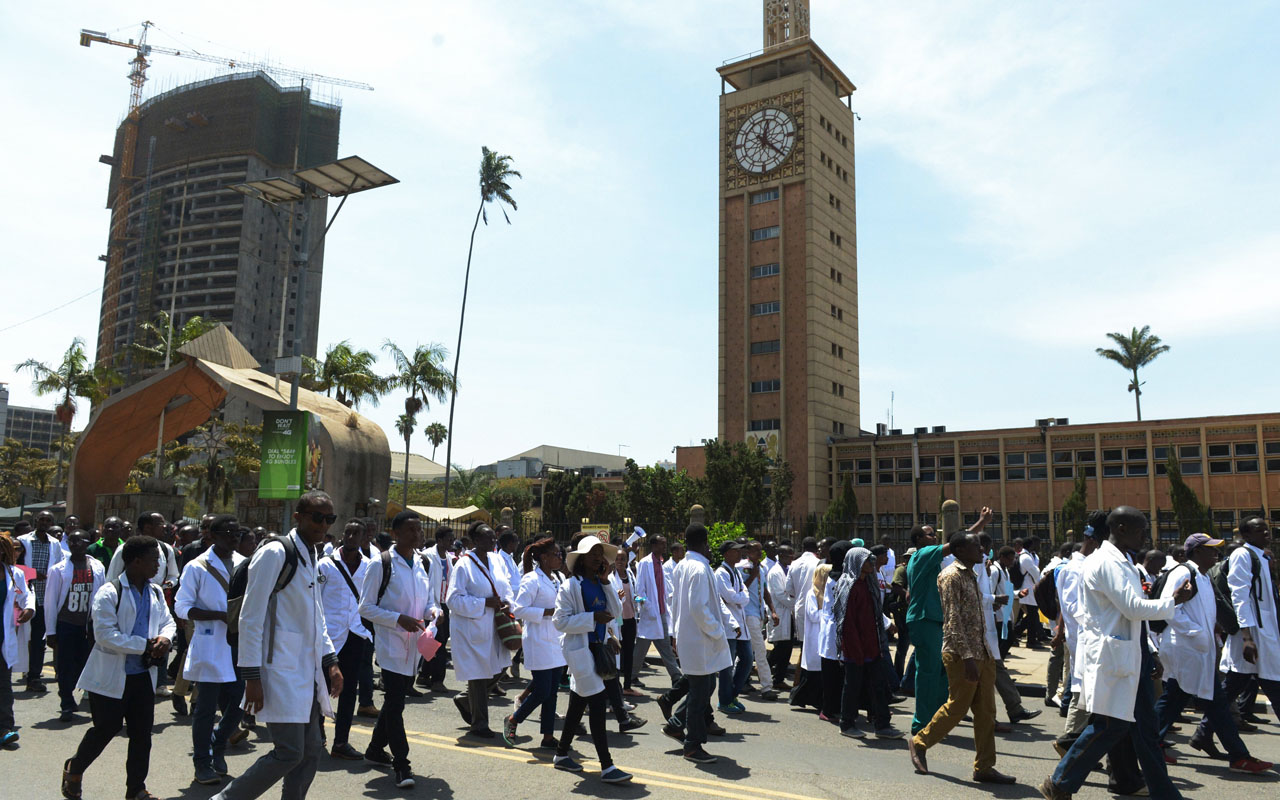A new study has found that medical interns, an important workforce providing first-line healthcare services in hospitals, are satisfied with their jobs but suffer from burnout and stress due to working unreasonable hours—and are having to cope with the challenging working environment such as lack of adequate resources and poor safety climate.
The study, titled “We were treated like we are nobody’: a mixed-methods study of medical doctors’ internship experiences in Kenya and Uganda,” and published in BMJ Global Health journal has ignited discussions about the plight of medical interns in East Africa.
More past reads: To Young Doctors and Medical Students in Tanzania; Why Did We Choose Medicine?
Findings are based on a survey of 854 medical interns and junior doctors and the researchers also conducted semi-structured interviews with 54 junior doctors and 14 consultants.
Interns reported challenging scenarios where they had poor supervision and insufficient support due to consultants not being available, and sometimes interns were the only staff managing the wards or had to perform certain procedures unsupervised.
The study, funded through Africa Oxford travel grant, shows that consultants also expressed concerns with interns’ preparedness coming into the internship as well as competence post internship.
“They also tended to receive inadequate support due to lack or poor quality of supervision, and sometimes supervisors were not available. These led to poor internship experiences which negatively impacted their learning, threatened individuals’ well-being and also the quality of care being delivered,” the authors noted.
More past reads: Post-internship exams for young doctors in Tanzania put on plan
The findings highlight the need to improve the working conditions and support for medical interns in the region.
“We recommend that regulators, educators and hospital administrators should improve the resource availability and capacity of internship hospitals, prioritise individual doctors’ well-being and provide standardised supervision, support systems and conducive learning environments,’’ the authors concluded, in part
More past reads: What salary deal were medical interns bargaining for in Kenya?
The study’s findings are also relevant to Tanzania, as the challenges faced by medical interns are similar across East Africa.
However, the researchers caution that the findings are not fully representative of the intern population in respective countries and direct comparison between them is not feasible. They also included 196 current interns in a questionnaire survey and some of those interns are still in their first 6 months of internship (23%), and their assessment might change as they further rotate into other specialties.
The researchers also note that these interns mostly came from Kenya as the Uganda data collection started immediately after one cohort of interns just completed their internship. They also included junior MOs who finished their internships in 2018 and 2019 and had a 2–3 years recall period.
More past reads: Tanzania: Why doctors quit practice for non-medical jobs









